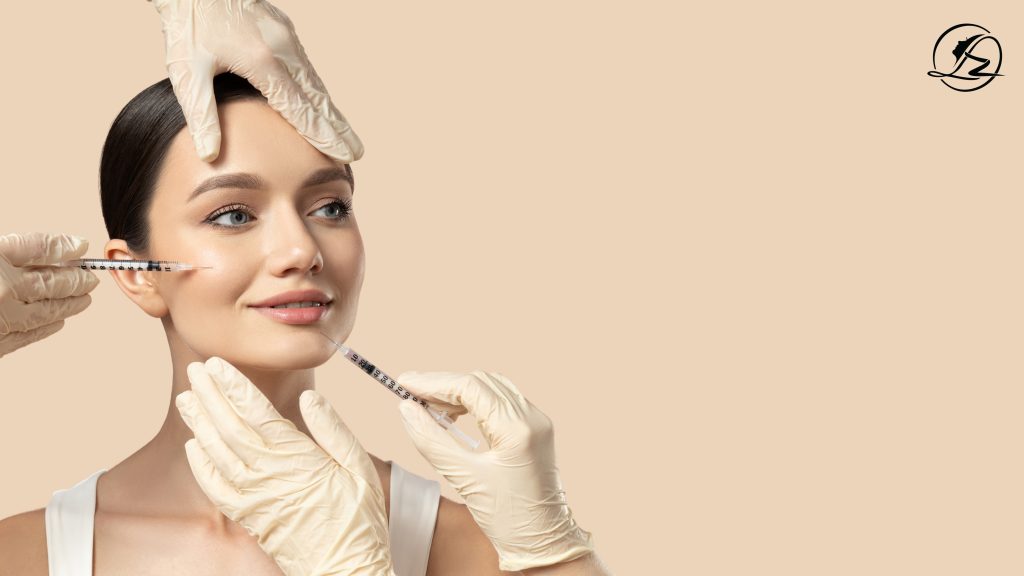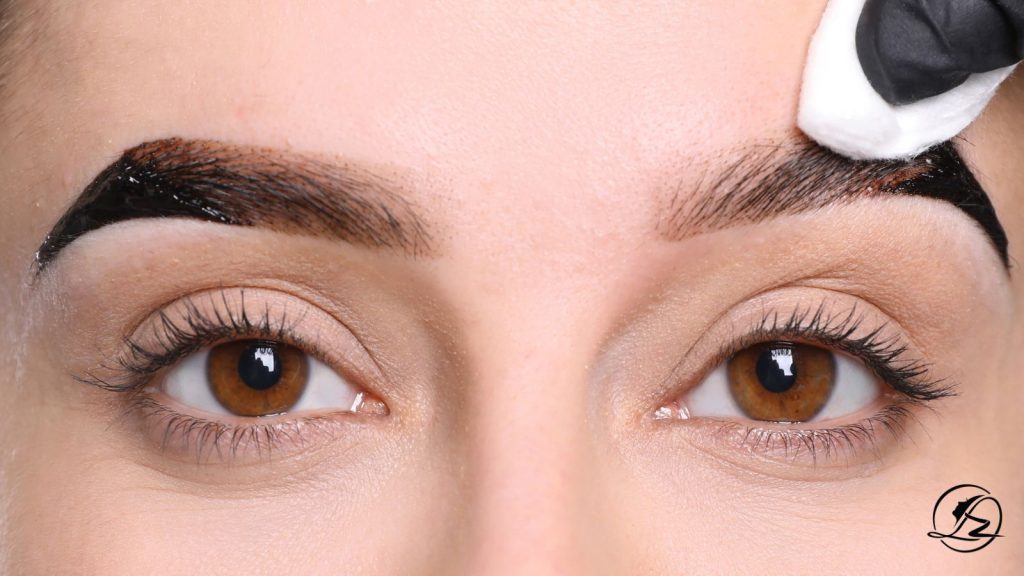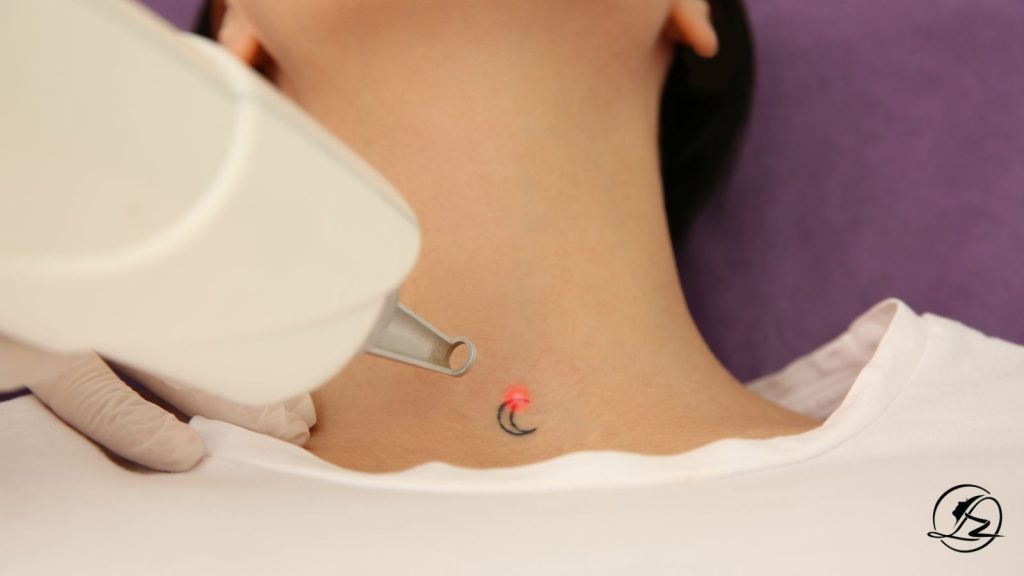When you look in the mirror and notice lines or saggy skin, you might wonder — should I get Botox or Fillers?
Both can make you look younger and fresher.
But they work very differently!
Let’s explore both options in a super simple way so you can decide what’s best for you.
Table of Contents
ToggleWhat Are Botox and Fillers?
First, let’s understand what they are.
- Botox is a special medicine that relaxes muscles.
- Fillers are gels that fill up spaces under your skin.
Even though people often talk about them together, they fix different problems.
Why Do People Get Botox or Fillers?
As we get older, our skin loses its bounce.
We also move our faces a lot — smiling, frowning, squinting.
This creates lines, wrinkles, and hollow areas.
Botox and Fillers can help you:
- Smooth out wrinkles
- Look less tired
- Feel more confident
- Bring back youthful looks
Botox Explained
Botox is short for Botulinum Toxin.
Don’t worry — it’s safe when used by experts!
✨ How Does Botox Work?
Botox blocks signals from nerves to muscles.
This stops the muscles from moving too much.
When muscles relax, wrinkles soften and even disappear!
✨ Best Areas for Botox
Botox works best on:
- Forehead lines
- Crow’s feet (around eyes)
- Frown lines (between eyebrows)
- Bunny lines (on the nose)
✨ How Long Does Botox Last?
Results usually last 3 to 4 months.
After that, you may need a touch-up.
Good news: Some studies show that regular use of Botox can make lines less deep over time!
✨ Pros of Botox
✅ Quick treatment (15–20 minutes)
✅ Little to no downtime
✅ Looks natural when done right
✅ Great for stopping new wrinkles
✨ Cons of Botox
❌ Temporary
❌ Only works on “movement” wrinkles
❌ Must avoid lying down for 4 hours after
Fillers Explained
Fillers are gel-like substances injected under the skin.
They add volume where it’s missing.
Most fillers are made of hyaluronic acid, a natural sugar found in your body.
✨ How Do Fillers Work?
Fillers “fill in” spaces under your skin.
They smooth out deep wrinkles, lift sagging areas, and even shape lips and cheeks.
It’s like gently plumping a deflated balloon!
✨ Best Areas for Fillers
Fillers work best on:
- Cheeks (to lift and add volume)
- Smile lines (from nose to mouth)
- Lips (to add fullness)
- Jawline and chin
- Under-eye hollows
✨ How Long Do Fillers Last?
It depends on the type, but usually:
- 6 months to 2 years
Some thicker fillers can last even longer!
✨ Pros of Fillers
✅ Instant results
✅ Long-lasting (compared to Botox)
✅ Natural look when done properly
✅ Can be used almost anywhere on the face
✨ Cons of Fillers
❌ More expensive per session
❌ Possible swelling or bruising for a few days
❌ Needs a very skilled injector to avoid lumps
Table: Quick Comparison Between Botox and Fillers
| Feature | Botox | Fillers |
| Main Purpose | Relax muscles | Add volume |
| Best For | Wrinkles from movement | Deep lines, loss of volume |
| Time to See Results | 3 to 7 days | Immediate |
| How Long It Lasts | 3–4 months | 6 months–2 years |
| Cost | Lower per session | Higher per session |
Which One Is Right for You?
Here’s a simple way to decide:
👉 If your main problem is wrinkles from smiling, frowning, or squinting — Botox is your best friend!
👉 If you have saggy cheeks, deep folds, or want plumper lips — Fillers are the way to go!
Fun Tip:
Many people actually get both for a full-face makeover!
Important Things to Remember
- Always choose a qualified and experienced professional.
- Have a proper consultation before getting any injections.
- Look at before-and-after photos of real patients.
- Don’t chase “perfect” — aim for fresh, natural beauty!
A Real-Life Story
Aliya, a 35-year-old from Islamabad, noticed deep lines between her eyebrows and felt her cheeks looked flat.
She started with Botox for her frown lines.
After loving the soft look, she added cheek fillers 3 months later.
Aliya says, “I feel like the best version of myself now. Everyone says I look fresh — not fake!”
Final Thoughts
Botox and Fillers are amazing tools to fight the signs of aging.
They can make you feel more confident, youthful, and happy.
The key is understanding your skin’s needs and finding the right expert.



